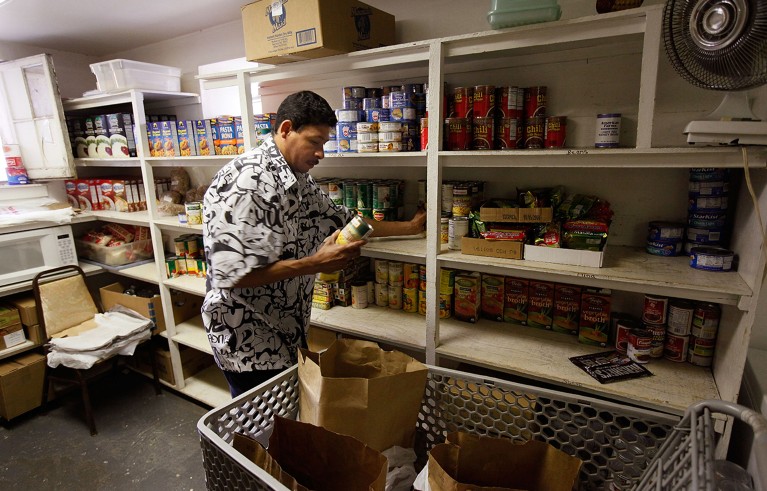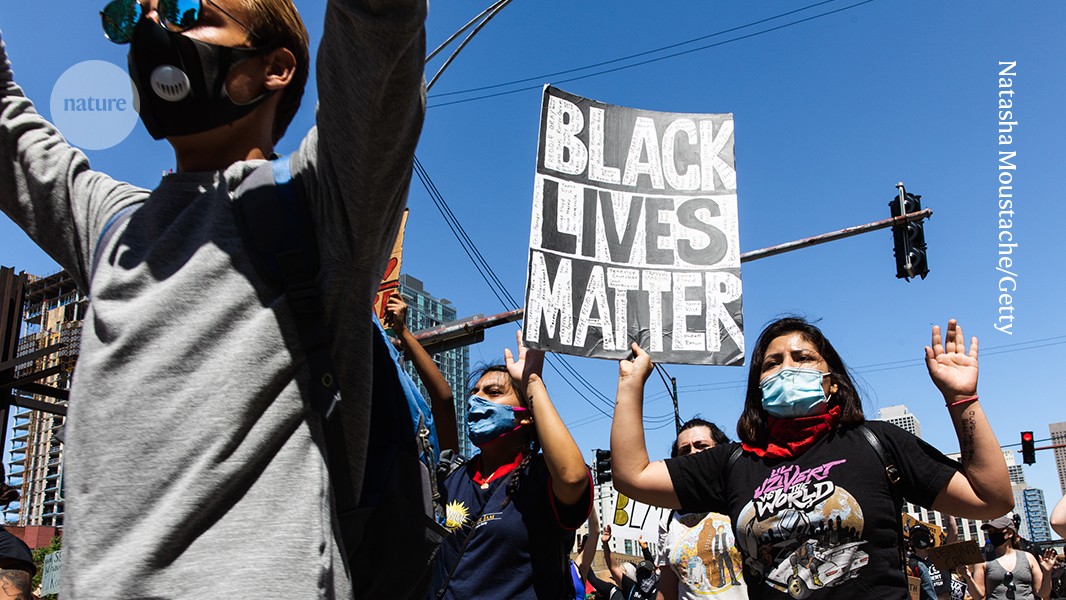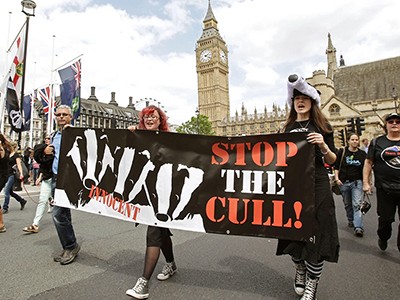Emergency: COVID-19 and the Uneven Valuation of Life Claire Laurier Decoteau Univ. Chicago Press (2025)
In May 2020, with the COVID-19 pandemic in full swing, George Floyd, a Black man, was murdered by police in Minneapolis, Minnesota. In response, US government and public-service officials promised marginalized communities that they would make real efforts to tackle racial injustice.
Yet, says sociologist Claire Laurier Decoteau, both the pandemic and those promises now seem long forgotten in her hometown of Chicago, Illinois.
In Emergency, Decoteau interviews 110 of the city’s residents and 65 officials to methodically dissect COVID-19’s impact on marginalized groups. Her analysis reveals how policies that intended to tackle racial injustice instead produced an endless cycle of inequality.
Why we need a body to oversee how science is used by governments
At the time of Floyd’s death, Black Americans accounted for 60% of deaths caused by COVID-19 in Chicago, despite comprising only 30% of its population, a pattern mirrored in many other US cities and Western countries. The increased risk of death is attributable to what Decoteau calls “converging ‘demics’” — the confluence of structural injustices, including poor access to health care, housing and employment, that disproportionately affect Black, Latinx and immigrant Chicagoans.
Chicago’s initial response to the pandemic was poor, asserts the author. Instead of addressing systemic problems, public-health officials plugged the gap with short-term interventions, such as welfare payments to cover rent or sick days. Although such policies might have benefited less-vulnerable people, they condemned people on the margins to a “slow or quick death”.
Tenants who had informal landlord agreements or an undocumented status struggled to access emergency rental payments, because their landlords frequently would not comply with administrative processes. As a result, vulnerable people who should have been shielding themselves from the virus were unable to do so — instead, they had to work to minimize the risk of being evicted and becoming homeless.
Decreasing the number of cases and deaths among Black and Latinx people became the focus of some public-health efforts. But that did not produce long-term changes for the communities most affected by COVID-19. Although many well-intentioned people have used statistics to show that racism is a public-health crisis, Decoteau cautions against reducing the complex history that produced today’s structural inequalities to quantifiable targets.
Community care
Decoteau’s interviews highlight how mutual-aid groups and community organizers were the pandemic’s unsung heroes, often achieving what governments could or would not. Many of the stories are bleak, illustrating how systemic discrimination, from poor housing to police brutality, has a physical and mental toll. Yet I found a hopefulness in their tales of community cooperatives that ran food banks and provided COVID-19 tests by employing people enrolled in drug-recovery programmes.

In Chicago, Illinois, community-led cooperatives, such as food banks, are a lifeline for many.Credit: Scott Olson/Getty
One volunteer at a community service proclaims: “We need more organizations like this one. We need to grow bigger. We grew up here in the struggle. We know how to cope.” I could not agree more.
In 2018, I founded a community-based organization in London called Decolonising Contraception, which ran events centred on sexual and reproductive health. Decoteau does a great job of showing what I discovered, too: a top-down approach often has minimal impact on those who require urgent assistance. Too often, red tape and bureaucracy mean that those who are most vulnerable cannot access government support and, instead, end up relying on grass-roots organizations.
Misguided policies
Next, Decoteau illustrates how racial ‘biocapitalism’ — the creation of wealth through the exploitation of people who have been racially categorized — produced policies that caused the death of essential, yet often poorly paid, workers, many of whom in Chicago were Black and Latinx. For example, one such policy introduced extra payments to essential workers in the city. But Candice, a Black woman and former nurse, remarks that: “Every two weeks when you got paid, you got an extra $350 but you couldn’t miss a day. So if you missed a day, you didn’t get the $350.” This policy encouraged people to lie about being unwell, increasing the risk of viral spread.



